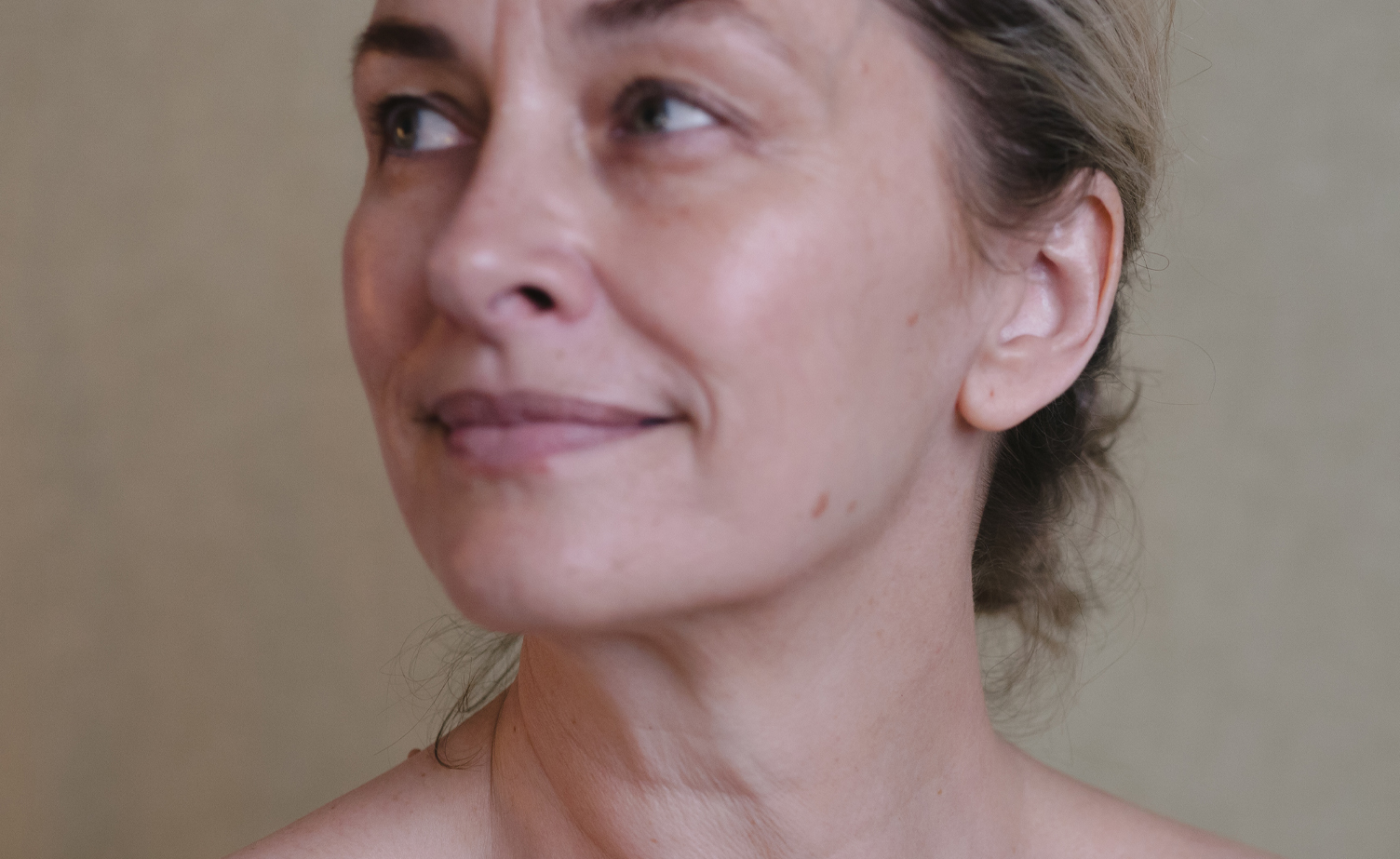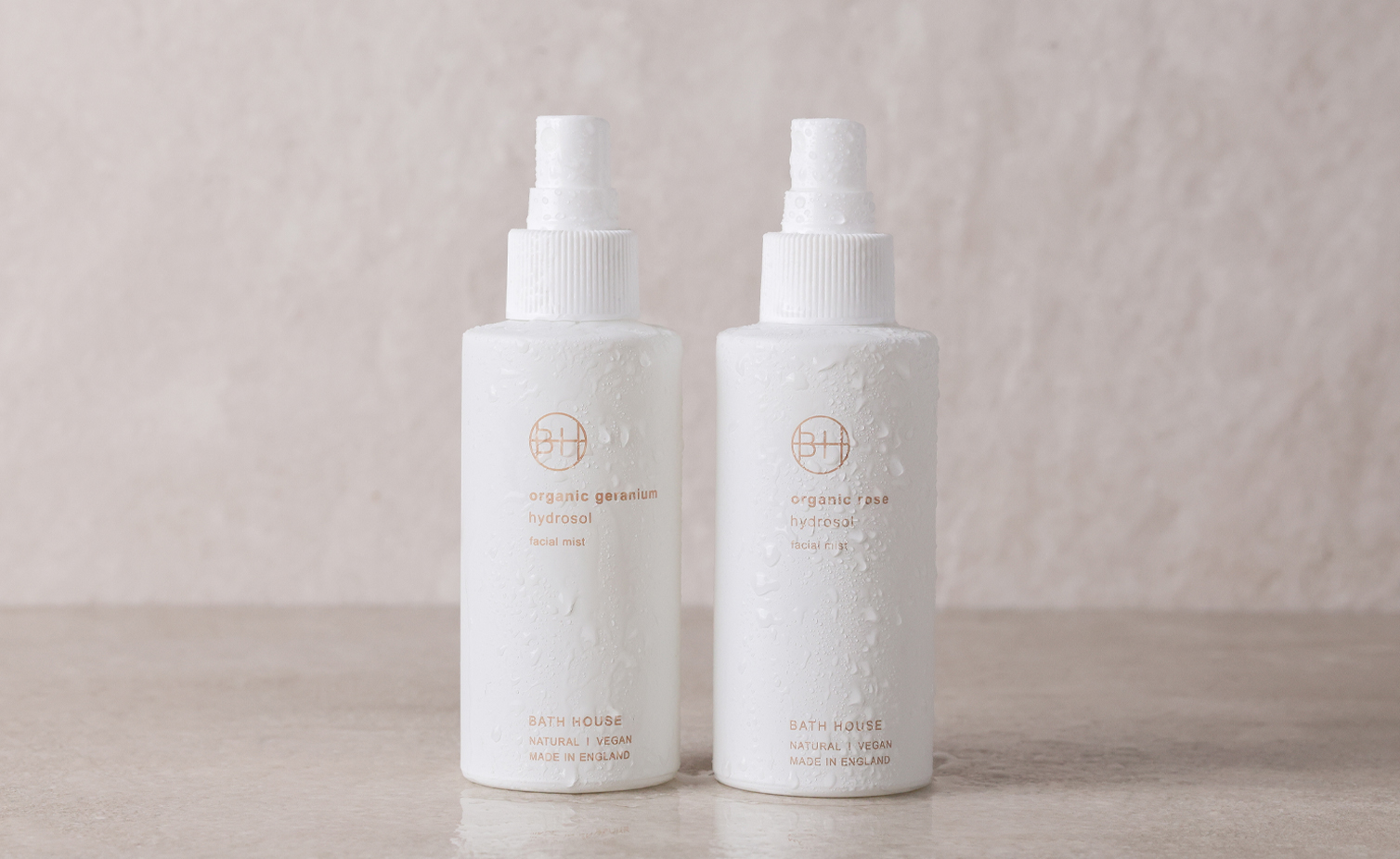If you’ve ever struggled to describe something you’re smelling (or tell someone the kind of perfume you like, without naming one in particular); don’t worry, you’re not alone. Most languages have few words dedicated to smell alone, and those that do exist tend to be frustratingly vague and overwhelmingly negative. Is it possible to learn a way to articulate these invisible scents into something we can all understand? As someone who’s been writing about fragrances for well over a decade, I’m here to tell you it can be done.
If you can smell, you have the power to talk evocatively about perfume: perhaps you just don’t know it yet…
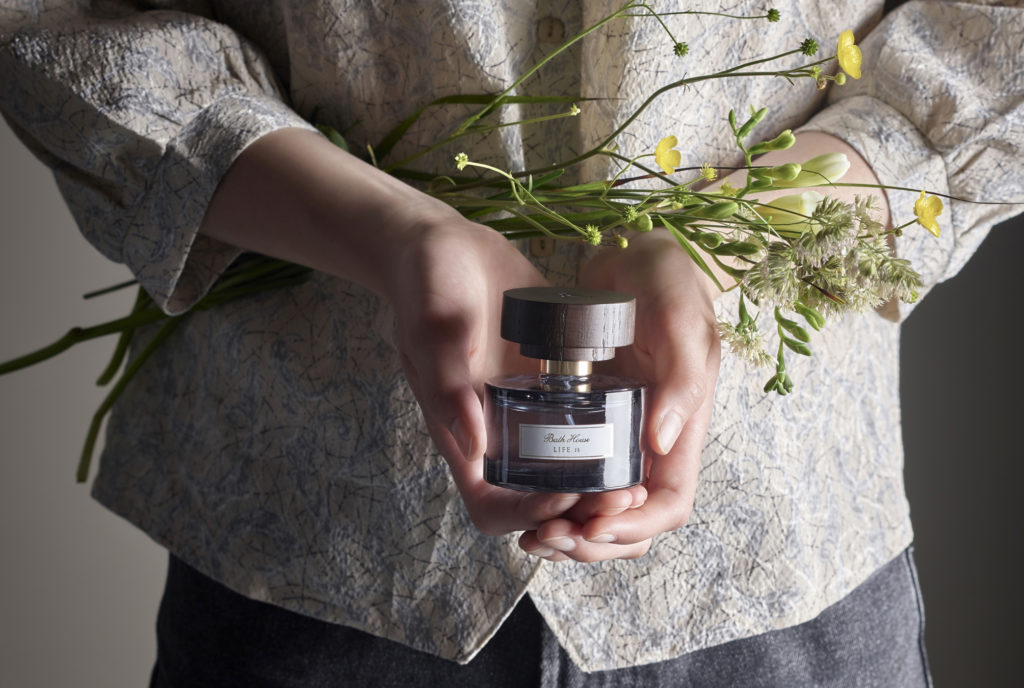
Firstly, let’s dispel the myth that you have to be an expert to describe a fragrance, or that you must be born a ‘nose’, with an innate ability to decipher smells. In fact, any perfumer will tell you that it’s the years of training – longer than a heart surgeon – that allows them to memorise up to 3,000 separate smelly ingredients (see how negative ‘smelly’ sounds?); and memorising a scent only gets them so far. They must, as part of their training, also learn the skill of communicating it. And that doesn’t usually come naturally to any of us.
The philosopher Im-manuel Kant once wrote… “Smell does not allow itself to be described, but only compared through similarity with another sense.”
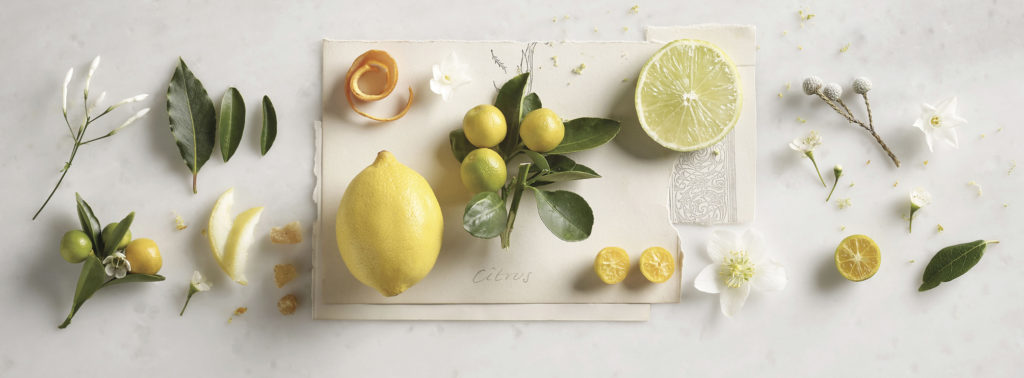
So how might this help me explain what I fragrances I like to a well-meaning friend who wants to buy me a perfume present? My advice is not to feel frustrated by the lack of words for smell in whatever language you speak, but to tap into your emotions, the way fragrances make you feel. That’s why we buy perfume, after all, because they move us. The right scent(s) can revive flagging spirits, comfort you, send you travelling through time and space or strike something in your soul. Our natural instinct is to try and identify an ingredient, “it smells like vanilla / a lemon”, but if you let go of this urge and allow your imagination to take flight, you’re halfway to being your own fragrance expert already. Instead of just vanilla, say “cosy, warm, delicious,” and rather than merely lemon say, “bright, sunlit, energising.”
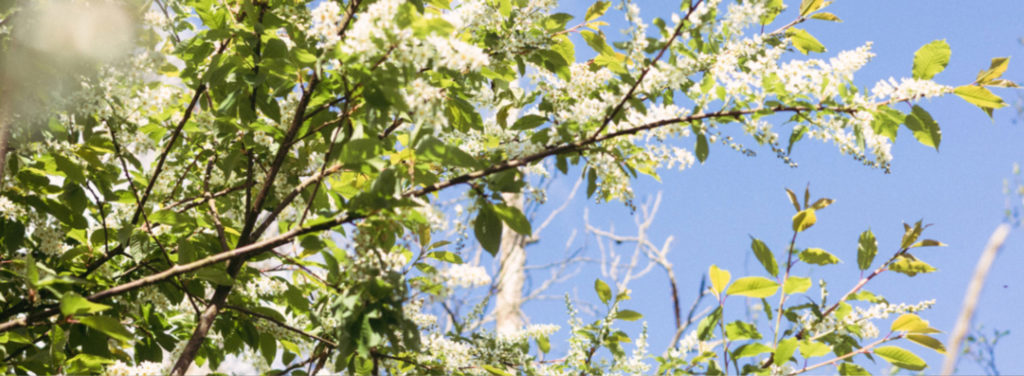
Think of what the smells you favour remind you of, add words that describe textures, colours, even musical instruments or tempos, and the picture of your perfect perfume becomes far clearer. If I told you I wanted a fragrance that made me feel like I was dancing barefoot on the warm sand of an exotic island while an orchestra played Vivaldi’s Summer, it would get you far closer to understanding what I wanted than me simply saying, “I want a citrus-y scent.” But the words must be your own, that’s vital. The wonderful thing is, whatever words you use, in whatever language you’re native in, you are always right. I’ll say that again. You are always right! If you think a fragrance smells like green velvet and still lakes, you are entirely correct. Focusing on what you smell and describing it in terms that are intensely personal to you is not only your perfume prerogative, but also how the world’s best noses train. I know because I asked them.


If you really wanted to widen your vocabulary beyond “it smells like…”, I suggest a trip down the olfactory rabbit hole that is Odorbet – an online source collecting (and delighting in) smell descriptions, with a larger aim “…to re-narrate history from a sensory perspective by reconstructing and presenting historical scents and tactile poetry in museums and beyond.” But for now perhaps we should simply concentrate on those feelings a fragrance gives you each time you spray. Take a few minutes to think of the journey a smell takes you on, rather than trying to list every ingredient in the bottle (of which there may be over 400, by the way). When I describe a fragrance in a review, or within a feature, I want to do more than tell you it has vanilla or lemon in it; I’m aiming to share a moment with you, grappling for images that convey more than the sum of their parts, just as a perfume does when we wear it: it is a language of emotional understanding, a baring of the soul. No wonder we struggle.
Perhaps eventually somewhere along our evolutionary journey we lost the capacity to describe smells because we stopped trying, because we don’t share the powerfully evocative, emotional and psychological experience of communicating what a perfume (or anything ‘smelly’) can do to us. If you ever get stuck, ask a child for help. Seriously, they’re the best I’ve held ‘blind sniffing’ workshops where adults have been stupefied while children joyously talk of smelling rainbows or being inside a cloud when it rains. What would your words be? If you let go of your fear, you know them all already.
Here are some of my words, but I want you to practice with your favourite scent, or the ingredients you’re using to make tonight’s dinner, the shampoo you reach for tomorrow morning, or anything, anything at all.



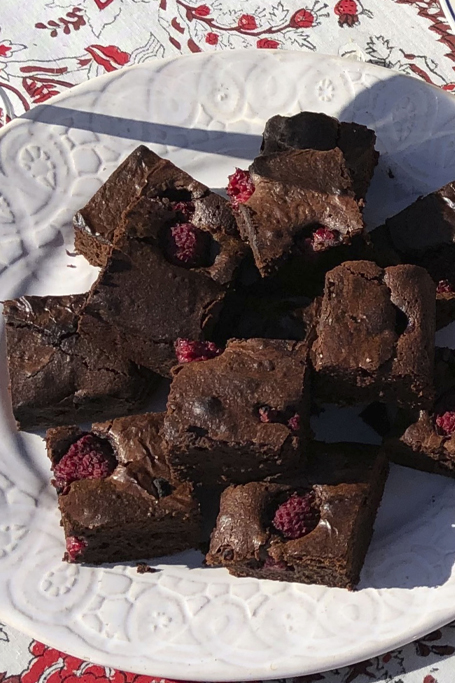
Vanilla – cosy / comforting / warm / scrumptious / a lover’s caress / silky / glossy / delicious / plump / opulent / rice pudding / sonorous / indulgent celebration
————————
Below are some interesting quotes I came across while writing this article which I wanted to share and might also help you further.
Alberto Morillas [Gucci, Calvin Klein, Kenzo, Bvlgari, Cartier, Giorgio Armani…] “Everyone has their own olfactive memory like a “library of scents”, made of smells you associate to people, places, travels, objects, food, moments of your life, etc. You can enrich this library by smelling fragrances in store or trying them on skin to live with them. Some are fresher, some are more sensual, try to put words on what you smell to define the different sensations. Then repeat, repeat ceaselessly. Practice by smelling blind. Be spontaneous, say everything, feel free to write everything which comes to mind. Time after time, you’ll have your own references and you’ll be able to classify fragrances by main themes, like woody, aromatic, citrus and am- brée. Memory. That’s the most important thing. You need to smell again and again and again…”
Anne Flipo [Burberry, Chloé, Jimmy Choo, Paco Rabanne…]
“Firstly you have to try to relax. Write down or say immediately the words that come to mind when you smell something, and don’t hesitate. Don’t worry if you make mistakes or say something wrong. In fact, I personally think there is always something correct in what anyone says about a fragrance.”
Mathieu Nardin [Miller Harris, Etro, Houbigant, Kenneth Cole…] “When you smell something – lavender, a particular perfume, a cooking ingredient – you have to forget what it literally is and instead link it a personal feeling, whatever it makes you feel. The more you analyse those emotions and link that to personal feelings, the better you become at smelling more and memorising those smells. This is how we learn at perfumery school. It has to be personal, or it has no meaning.”
————————
Written by award-winning fragrance journalist Suzy Nightingale.


